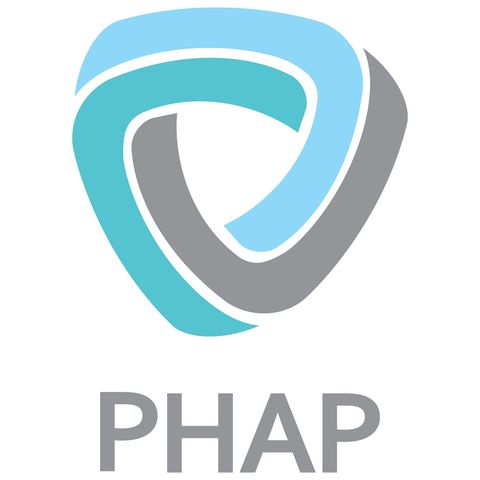World Humanitarian Summit – Independence: Practical dilemmas of principled action

Mar 2, 2016 ·
1h 56m 49s
Following events focusing on the three other core principles, PHAP’s final discussion in this series spotlights the principle of independence, looking in particular at how it relates to how humanitarian...
show more
Following events focusing on the three other core principles, PHAP’s final discussion in this series spotlights the principle of independence, looking in particular at how it relates to how humanitarian action is funded.
The principle of independence calls upon humanitarians to practice an autonomy vis-à-vis political, military, ideological, religious, or economic interests and pressures. It highlights the interrelatedness of the core principles – it acts as a precondition or an enabler of humanity, impartiality, and humanity. Independence is thus profoundly pragmatic. It defines itself not on paper or in speech but through actions.
The capacity to act impartially, to remain neutral in a given context, or even to give operational meaning to the call of humanity, all require that an organization possess certain resources, expertise, and capacity. That principle comes under consistent threat by financial constraints, for humanitarian relief requires funding, and the availability of funding often fails to align with the needs of affected people. The humanitarian sector appears to be particularly dependent upon institutional donor funding from key Western governments, such as the US, UK, Japan or Sweden. How does the sector reconcile this reality with the imperative to avoid the appearance of being an instrument of government policy?
There have been, and continue to be, efforts aimed at creating funding mechanisms that allow greater responsiveness to needs, or averting the outright politicization of the receiving organization. What are some of the “new” ideas in this regard? How can the humanitarian sector do better in terms of assuring their independence? From a starting assumption that greater independence is always possible, what do our expert panelists see as the promising ways forward?
The event began with an expert presentation on the topic by Sean Lowrie, Director of the START Network. This was followed by a moderated discussion among a panel of experts which will also include Dr. James Kisia, Executive Director of the International Centre for Humanitarian Affairs and Deputy Secretary-General of Kenya Red Cross; Lydia Poole, research and policy specialist with extensive experience on financing architecture and policy; and Ed Schenkenberg van Mierop, Executive Director of HERE-Geneva. The facilitator for the event was Marc DuBois.
Read more at https://phap.org/WHS-6oct2015
show less
The principle of independence calls upon humanitarians to practice an autonomy vis-à-vis political, military, ideological, religious, or economic interests and pressures. It highlights the interrelatedness of the core principles – it acts as a precondition or an enabler of humanity, impartiality, and humanity. Independence is thus profoundly pragmatic. It defines itself not on paper or in speech but through actions.
The capacity to act impartially, to remain neutral in a given context, or even to give operational meaning to the call of humanity, all require that an organization possess certain resources, expertise, and capacity. That principle comes under consistent threat by financial constraints, for humanitarian relief requires funding, and the availability of funding often fails to align with the needs of affected people. The humanitarian sector appears to be particularly dependent upon institutional donor funding from key Western governments, such as the US, UK, Japan or Sweden. How does the sector reconcile this reality with the imperative to avoid the appearance of being an instrument of government policy?
There have been, and continue to be, efforts aimed at creating funding mechanisms that allow greater responsiveness to needs, or averting the outright politicization of the receiving organization. What are some of the “new” ideas in this regard? How can the humanitarian sector do better in terms of assuring their independence? From a starting assumption that greater independence is always possible, what do our expert panelists see as the promising ways forward?
The event began with an expert presentation on the topic by Sean Lowrie, Director of the START Network. This was followed by a moderated discussion among a panel of experts which will also include Dr. James Kisia, Executive Director of the International Centre for Humanitarian Affairs and Deputy Secretary-General of Kenya Red Cross; Lydia Poole, research and policy specialist with extensive experience on financing architecture and policy; and Ed Schenkenberg van Mierop, Executive Director of HERE-Geneva. The facilitator for the event was Marc DuBois.
Read more at https://phap.org/WHS-6oct2015
Information
| Author | PHAP |
| Website | - |
| Tags |
Copyright 2024 - Spreaker Inc. an iHeartMedia Company
